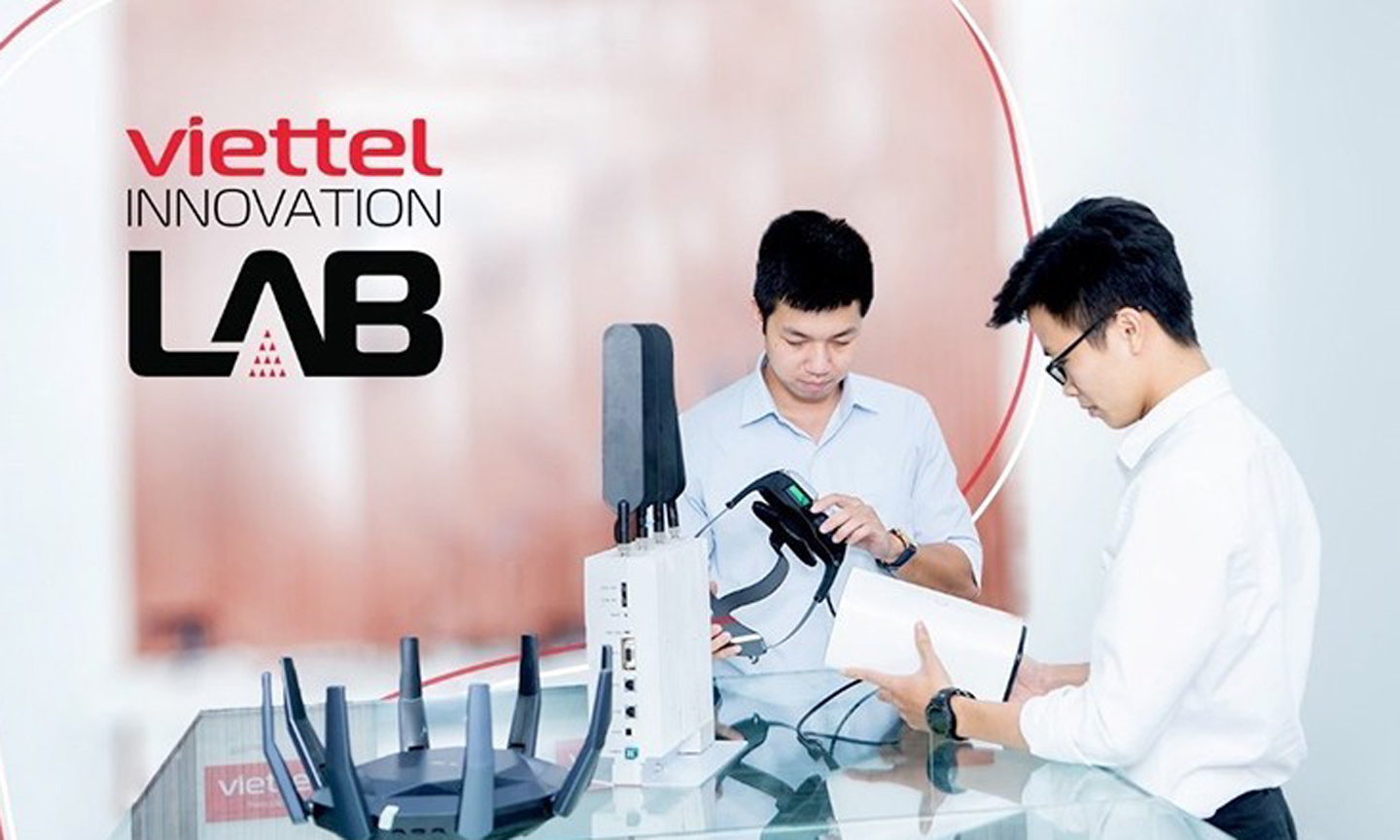Vietnam needs legal framework for new technologies
ABO/NDO- The Politburo's Resolution 57 on breakthroughs in science-technology development, innovation and national digital transformation has outlined solutions for the coming period. Among these, a critical solution is to urgently improve the institutional framework and remove all barriers.
Technology companies are awaiting specific guidelines on pilot mechanisms for testing new technologies to implement venture capital investment and promote the development of new technologies and business models.
At a recent conference on science, technology and innovation, leaders from the Vietnam Academy of Science and Technology (VAST) revealed that their scientists have researched and developed a gene editing technology to improve plant varieties, enhance resistance, and improve valuable traits of important crops in Vietnam, such as improving soybean seed quality and enhancing virus resistance in tobacco and papaya plants.
The US and China are leading in this technology and have accepted the use of certain gene-edited products. Although Vietnam has achieved a comparable level of research, there are currently no domestic regulations allowing these studies to be applied in practice.
 |
| Viettel's lab on new technologies. |
The VAST hopes that this technology will applied in the near future to create momentum for socio-economic development. This is an example of technology development that cannot yet be applied due to the lack of a legal framework for testing new technologies.
According to the Ministry of Science and Technology (MOST), businesses and individuals developing new technologies often face difficulties in implementation due to concerns about legality, legal risks, and the lack of testing mechanisms before widespread application. At the same time, government agencies face challenges in assessing the safety, effectiveness and impact of these innovations, causing delays in issuing or adjusting appropriate policies.
Additionally, the absence of clear testing mechanisms means many potential initiatives are missed or must be tested unofficially, creating risks for both businesses and regulatory agencies. Furthermore, the legal responsibilities of individuals and organisations participating in such testing are not clearly defined, leading to hesitation in implementing new ideas.
Resolution 57 has addressed the breakthrough solution of piloting new practical issues, including a pilot mechanism for businesses to test new technologies under state supervision. It also includes policies exempting businesses, organisations and individuals from liability in cases where testing new technologies or business models results in economic losses due to objective causes.
Implementing Resolution 57, the MOST stated that the National Assembly’s draft resolution on piloting new policies to remove obstacles in science, technology and innovation activities mentions that the state will have special policies, mechanisms and incentives for research, development, application, investment, testing, production, cultivation, technology transfer, intellectual property, talent attraction, and human resource training for strategic technologies.
According to experts, the new technology testing mechanisms will allow businesses and research organisations to implement innovative solutions in practical environments, but still under close state supervision. This will help reduce risks while accelerating the commercialisation of technologies and their application in daily life. These mechanisms will be particularly useful for pioneering technology fields such as artificial intelligence, blockchain, renewable energy, biotechnology, quantum technology, semiconductors, and big data.
According to Viettel, the exemption policy allowing businesses to test new technologies and business models is a breakthrough initiative that allows state-owned enterprises like Viettel to boldly research, test, master, and implement new technologies and business models that carry risks of economic losses due to objective causes.
The nature of venture capital investment is high risk with a low success rate, but if successful, it will yield significant profits that can offset costs and promote the development of new technologies and business models. Evaluating the results of testing new technologies and business models sometimes is not based solely on financial performance. In scientific research, a failure is not truly a failure if lessons can be drawn for the future.
Associate Professor Phan Tien Dung, Head of the Department of Technology Application and Deployment under VAST, believes that the state needs to build a comprehensive ecosystem supporting the startup and innovation process.
This ecosystem includes elements such as venture capital funds, support policies, infrastructure, human resources, and an environment encouraging innovation. The State needs to establish venture capital funds to invest in startup businesses, especially during the early stages when these businesses do not have sufficient financial resources.
The State can share risks with private investors by co-funding startups. This will attract and encourage scientists and inventors to participate in the startup process and the creation of breakthrough technologies for national development.
(Source: NDO)
 về đầu trang
về đầu trang







